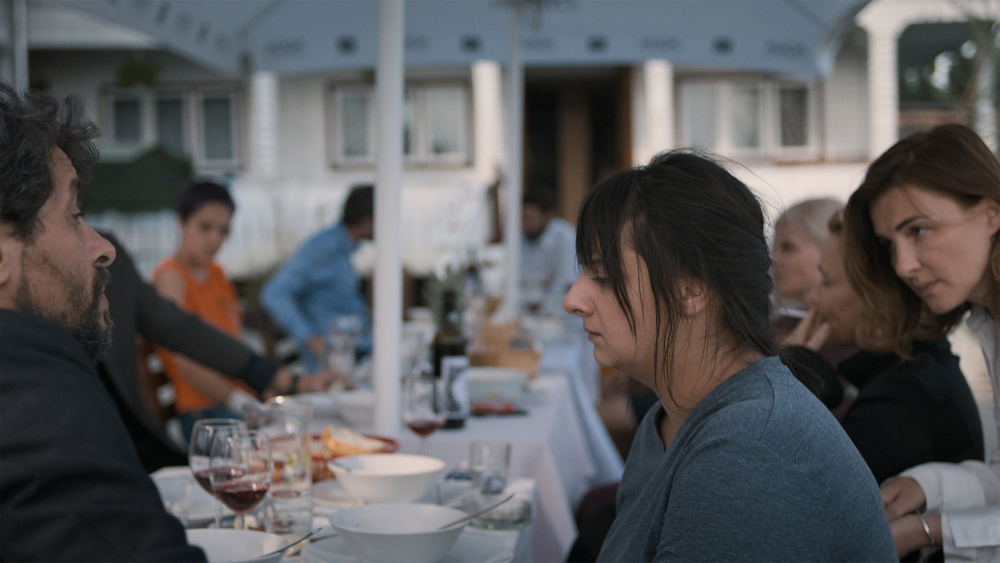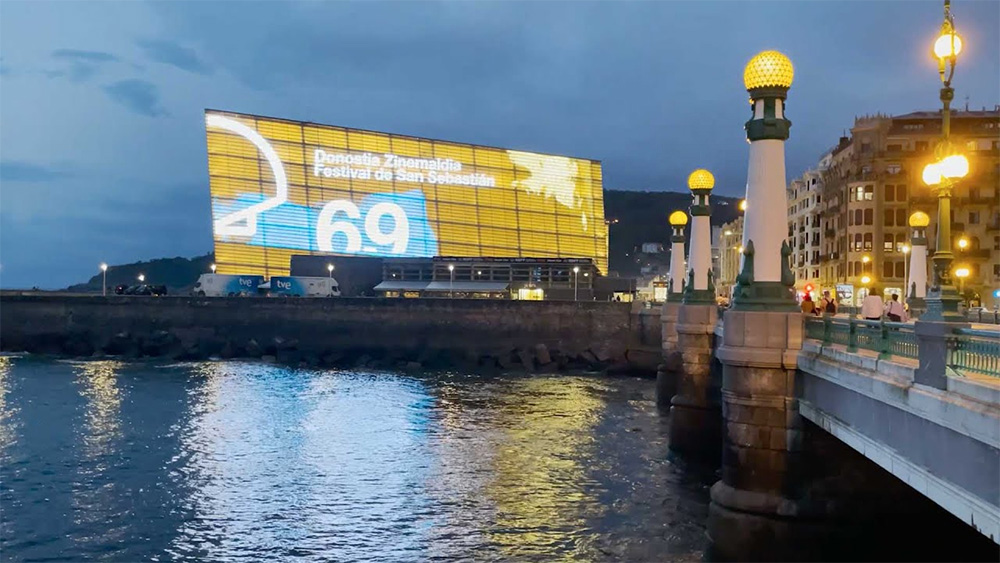First ocular approach
- We announced it and it has arrived. You would have noticed the huge panels that have suddenly appeared in the city, the appearance of the mushrooms of uniform puppets or the red carpets that have appeared overnight. The whole device that moves the San Sebastian Festival is already underway and the eyes that are still accustomed to summer light begin to get used to the lights on the screen. Contrast.

It has to be said that, as in the past (a thousand years ago) with the physical queues, this year there has also been a collapse when collecting the tickets. That leads us to watch unexpected films, and the lack of expectations, the truth, has its point. At least that's what happened to me, with the first movie. Jane par Charlotte is Charlotte Gainsbourg's prime opera about her relationship with her mother, Jane Birkin. It has a documentary aspect, to say the least. However, it does not make use of classical conversations, nor does it use voice-over or subtitles. The film creates a dialogue between the two, either with words, photographs or narratives of the situations presented to them. The film unconsciously treats the pains and beautiful moments of the mother and daughter, through mutual connections, but also with hard times. The imperfect use of the camera gives the film a measured agility, advancing at a warm rate. Charlotte tries to understand her daughter's experiences in her relationship with her mother and her mother will explain the circumstances she has had with her daughter. The film premiered at the Cannes Première and is available in the Perlak section.
In the same section has been La croisade, by Louis Garrel. The yarn had a small promise to emote the viewer: a young upper-middle-class marriage discovers that her son has sold the most precious objects in his house because he has a plan. From there, parents become aware of a network of young militants who have raised money for the project to save the world. But the film is not able to keep the thread promised. With the topic of his jealous father of his son and his faithful mother, in love with him (Edipo 2021), he falls again and again in common areas. With humor too easy, he has not lost time to refer to his relationship with the Brazilian Amazon, as if Macron’s words were to be dealt with. It has seemed to me a plain and distant view of the militancy and the eco-social crisis, as overcome by your pretension.
Today's last film has been We Are Nothing, Around the Last Tour of La Polla Records. Directed by Javier Corcuera, the work reflects the road movie of farewell of the group from Euskal Herria, the Iberian Peninsula and Latin America. The film mixes images of concerts, archives, interviews and Evaristo's daily life, in a special contrast. The singer’s walk through Oñati, with a stick of avellano in her hand, sculpts the image of a human being of flesh and bone outside the concerts and connects easily with her. In the room, we've sung as karaoke Salve, They call him democracy and it's not, and Ay ho, ay ho. Although to the end it has been a little longer, we have come out in the street with a great deal of taste. Outside it has rained, and the week has started.






















